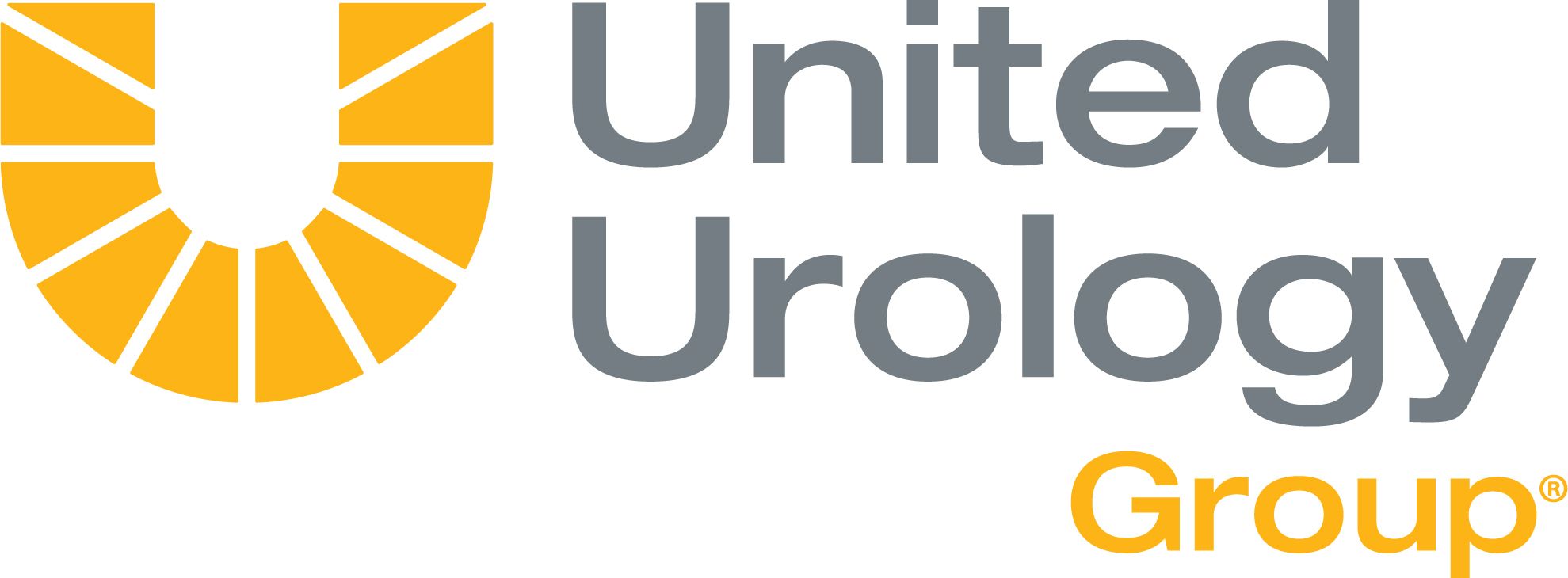
- Vol 52 No 06
- Volume 52
- Issue 06
How to bill for using a disposable endoscope in a facility setting

"Although the Medicare physician fee schedule, which is typically the primary focus of many of our discussions, is what is used to determine physician payment for a service, payment for an ASC is governed by separate rules," write Jonathan Rubenstein, MD, and Mark Painter.
As a coder, I have heard about the possibility of receiving additional reimbursement for the use of disposable endoscopes in a facility setting using a C code beginning in 2023. Our ambulatory surgical center (ASC) has been using disposable endoscopes for a few years now without billing for them. Are we eligible for the new additional payment for disposable endoscopes and, if so, how would our coding team code and bill for this procedure?
Many urology practices now partially or fully own or have an interest in an ASC. Although the Medicare physician fee schedule, which is typically the primary focus of many of our discussions, is what is used to determine physician payment for a service, payment for an ASC is governed by separate rules. These rules are released each year under the
The C codes and payments are allowed for at least 2 years but no more than 3 years. After 3 years, CMS is required to adjust the payment pathway under new or existing payment groups. Currently, for drugs, the codes are typically migrated to J codes, and for technology, CMS may map current procedural terminology (CPT) codes to existing ambulatory payment classifications (APCs) assigned to the specific CPT code, or CMS may allow reporting of a multiple CPT, or a CPT and HCPCS code for which payment is mapped to a higher APC under the C-APC program.
The disposable endoscope was assigned a pass-through technology C code effective January 1, 2023. The code C1747 (Endoscope, single-use [ie disposable], urinary tract, imaging/illumination device [insertable]) is reported in addition to the CPT code provided and billed for the ASC. It is important to note that the CMS releases a table dictating which CPT codes can be reported with the C1747. Typically, payment for the C1747 is based on invoice costs and therefore requires Medicare be provided with the invoice for the disposable endoscope.
Private payers may or may not follow Medicare procedures with C codes; we encourage you to check your ASC contracts for [the rules for] appropriate billing for the disposable endoscope before billing.
Finally, as required by CMS’s pass-through payment rules, CMS will need to change payment procedures for the C1747 no later than 2026, but it is possible CMS will change the reimbursement reporting and payment effective January 1, 2025. ASC groups will have to review the proposed and final rules for the
Send coding and reimbursement questions to Jonathan Rubenstein, MD, and Mark Painter c/o Urology Times®, at UTeditors@mjhlifesciences.com.
Questions of general interest will be chosen for publication. The information in this column is designed to be authoritative, and every effort has been made to ensure its accuracy at the time it was written. However, readers are encouraged to check with their individual carrier or private payers for updates and to confirm that this information conforms to their specific rules.
Articles in this issue
over 1 year ago
AUA 2024 and reflections on implicit biasover 1 year ago
FDA accepts BLA for subcutaneous nivolumab in solid tumorsalmost 2 years ago
Nadofaragene firadenovec sustains efficacy in NMIBC at 5-year follow-upalmost 2 years ago
Data support use of 18F-PSMA-1007 PET/CT in prostate canceralmost 2 years ago
Apalutamide combo hits high 2-year RFS rate in prostate canceralmost 2 years ago
FDA accepts IND application for RAG-01 in NMIBCNewsletter
Stay current with the latest urology news and practice-changing insights — sign up now for the essential updates every urologist needs.






